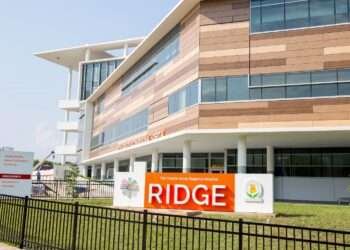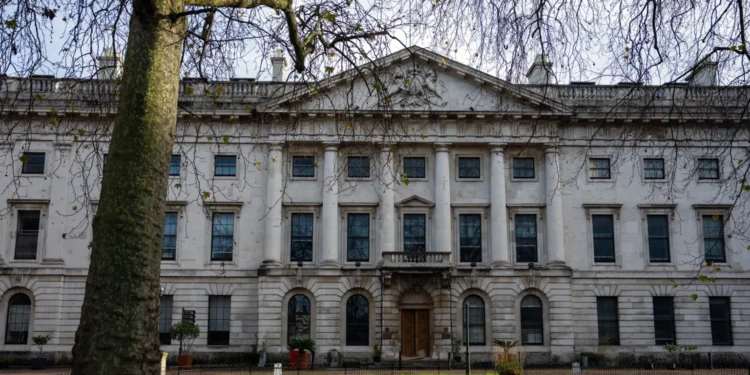The Ghana Statistical Service has revealed that 1.4 million households in urban areas were without water on their premises, with another almost half a million practicing open defecation.
According to the Service, nationally, 112,031 households in urban areas were using unimproved sources of drinking water defined as sources not adequately protected from outside contamination.
It further indicated that one in every four (24.0%) urban households was using unimproved sources of drinking water in the North East Region which recorded the highest percentage and was over ten times the national urban average (2.2%).
“One in every four households (27.7%) in urban areas did not have their main source of drinking water on their premises according to the 2021 Population and Housing Census (PHC) General Report on Water and Sanitation. This figure represents 1.4 million urban households without access to water on their premises. Out of this number, 89,922 households had to travel more than 30 minutes to make a round trip to get to their main source of drinking water and return.”
Ghana Statistical Service
Marking the living conditions in urban areas with focus on International Cities Day today, October 31, 2023, the GSS stated that the Northern (10.0%) and Savannah (9.3%) regions distantly recorded the next highest percentages of households using unimproved sources in urban areas.
It explained that almost half a million (449,849) households in urban areas did not have a toilet facility and were practicing open defecation while 1.3 million used public toilet facilities.
“Over half of urban households practiced open defecation in the North East (54.0%) and Savannah (51.9%) regions, more than five times the national urban average of 8.9 percent. In all, there were six regions with over 20.0 percent of urban households practicing open defecation.”
Ghana Statistical Service
Ghanaians living in unconventional structures
Furthermore, the GSS noted that 2021 PHC General Report on Housing Conditions indicates that over a quarter of a million (316,116) households in urban areas were living in uncompleted buildings, which represents some 79,721, and that of unconventional structures totaling 236,395.
It highlighted that unconventional structures comprise wooden structures (143,261), kiosks or poly kiosks (78,016), or metal containers (15,118).
“One in every 10 (11.9%) households in urban areas In the Greater Accra Region were living in uncompleted buildings or unconventional structures. All the other fifteen regions recorded percentages below the national urban average (5.4%).”
Ghana Statistical Service
World Cities Day is commemorated annually on 31st October to end the observance of Urban October which was instituted to raise awareness of the challenges facing urban areas.
The Day serves as an opportunity to promote the international community’s interest in global urbanization, push forward cooperation among countries in addressing challenges of urbanization and contribute to sustainable urban development around the world.
WHO joins the UN and its partners in observing this day each year, recognizing health and well-being as an integral part of sustainable and inclusive urbanization.
As a growing priority for WHO, urban health is an area that requires a cross-cutting approach to tackle the triple key public health concerns in urban areas – non-communicable diseases, infectious diseases, and injuries and interpersonal violence.
On World Cities Day, WHO organizes various events to launch its new technical guidance and tools, disseminate advocacy messages, and raise awareness of urban health issues along with health experts and urban practitioners.
World Cities Day 2023 focuses on the theme of “Financing sustainable urban future for all” to explore how to unlock transformative investment in urban planning and achieve adequate fiscal decentralization.
READ ALSO: Bawumia Climaxes Nationwide Campaign Tour In Upper East Region























